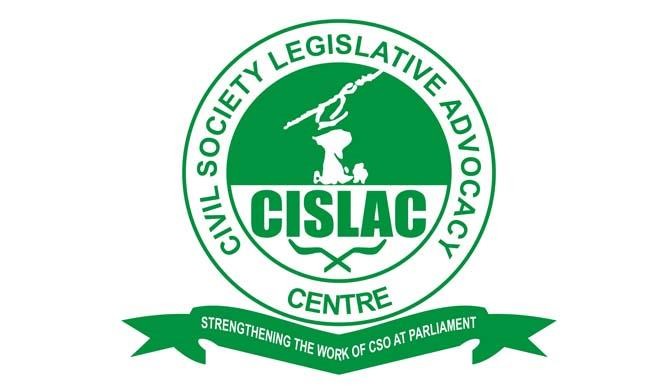The Civil Society Legislative Advocacy Centre has noted that insecurity and debt are among factors affecting the progress of the country.
CISLAC made this known in its SDG 16 report which was launched at the 77th United Nations General Assembly in New York on Tuesday.
While presenting the report, the CISLAC Executive Director, Auwal Rafsanjani, noted that some factors affecting Nigeria’s progress included debt, insecurity, and corruption, among others.
A statement made available to The PUNCH on Wednesday revealed that Rafsanjani, however, noted that the country had made progress in the policy areas of money laundering and asset recovery.
He said, “In this year’s report, CISLAC notes an improvement in two indicators as compared to three in 2021 and six in 2019.
“This improvement which can be seen in the policy areas of money laundering and asset recovery is attributed to the passage and assent into law of the Money Laundering (Prevention and Prohibition) Bill and Proceeds of Crime Management Bill in May 2022.
“The Money Laundering (Prevention and Prohibition) Act 2022 aims to strengthen the powers of relevant agencies in dealing with challenges posed by money laundering by expanding the scope of money laundering in the prevention, prohibition, detection, prosecution, and punishment of offenders.
“The Proceeds of Crime Management Act 2022 aims to better manage recovered assets through the establishment of a central database as well as the establishment of directorates to manage recovered assets in various jurisdictions amongst other measures.”
CISLAC also decried the spate of insecurity in the country stating that insecurity has raised concern among citizens.
Rafsanjani added, “The worsening insecurity across Nigeria has raised concern amongst citizens. In addition to this, there is a high level of corruption amidst an increase in national debt.
“As seen in the 2021 Corruption Perception Index released globally by Transparency International where Nigeria scored 24 out of 100 points which is its worst since 2012 when the methodology of the CPI was reformed.
“Another area to be concerned about is Nigeria’s revenue generation problem which has led to an enormous increase in borrowing.
“Official data have shown that Nigeria had revenue of N1.63 trillion in the first quarter of 2022 which was not even enough to pay the debt of the country for that quarter which was at N1.94 trillion.
“The last factor which fights against tangible progress is the actions of the government against freedom of speech and freedom of the press. The fining of some media houses in August 2022 for the airing of messages on the security situation speaks to this matter.
“On the global Press Freedom Index released by Reporters without Borders, Nigeria fell nine places to 129/180 on the 2022 PFI as against 120/180 on the 2021 PFI.”


